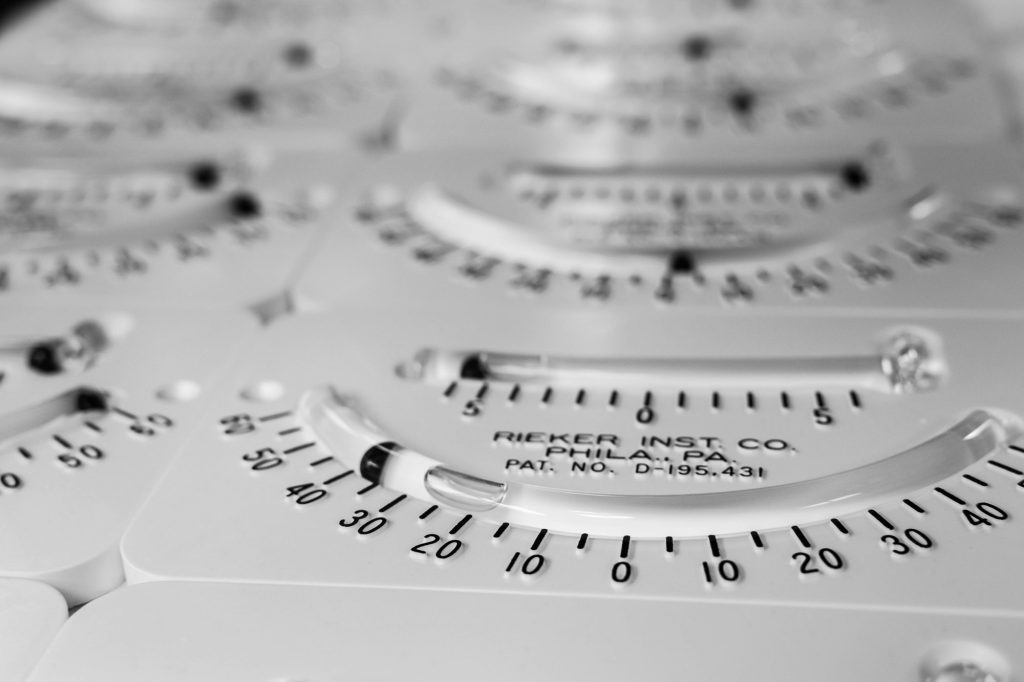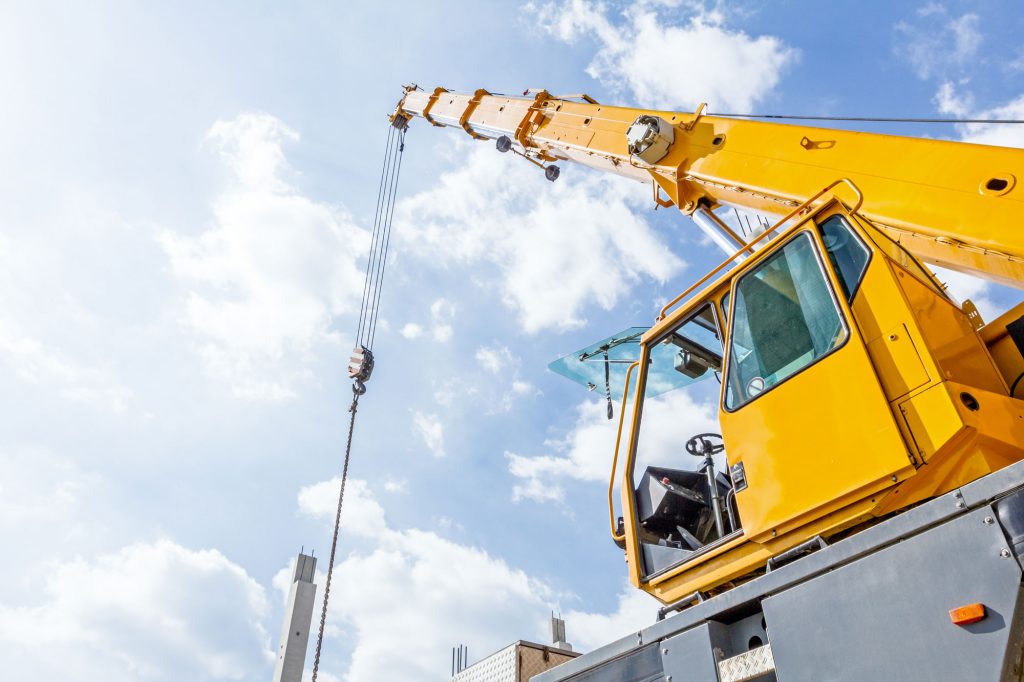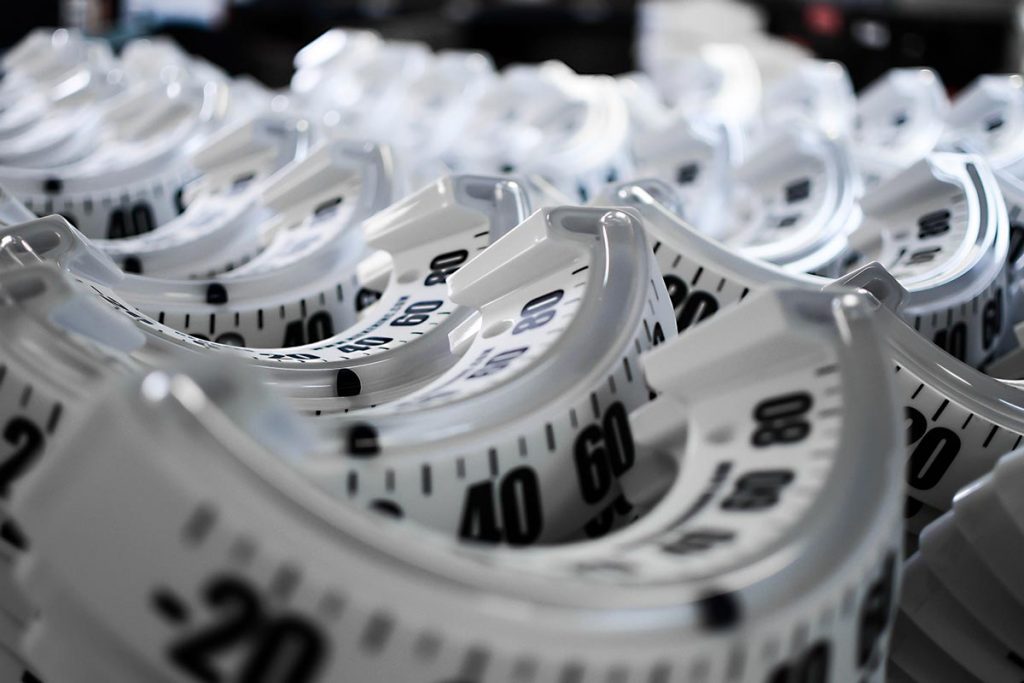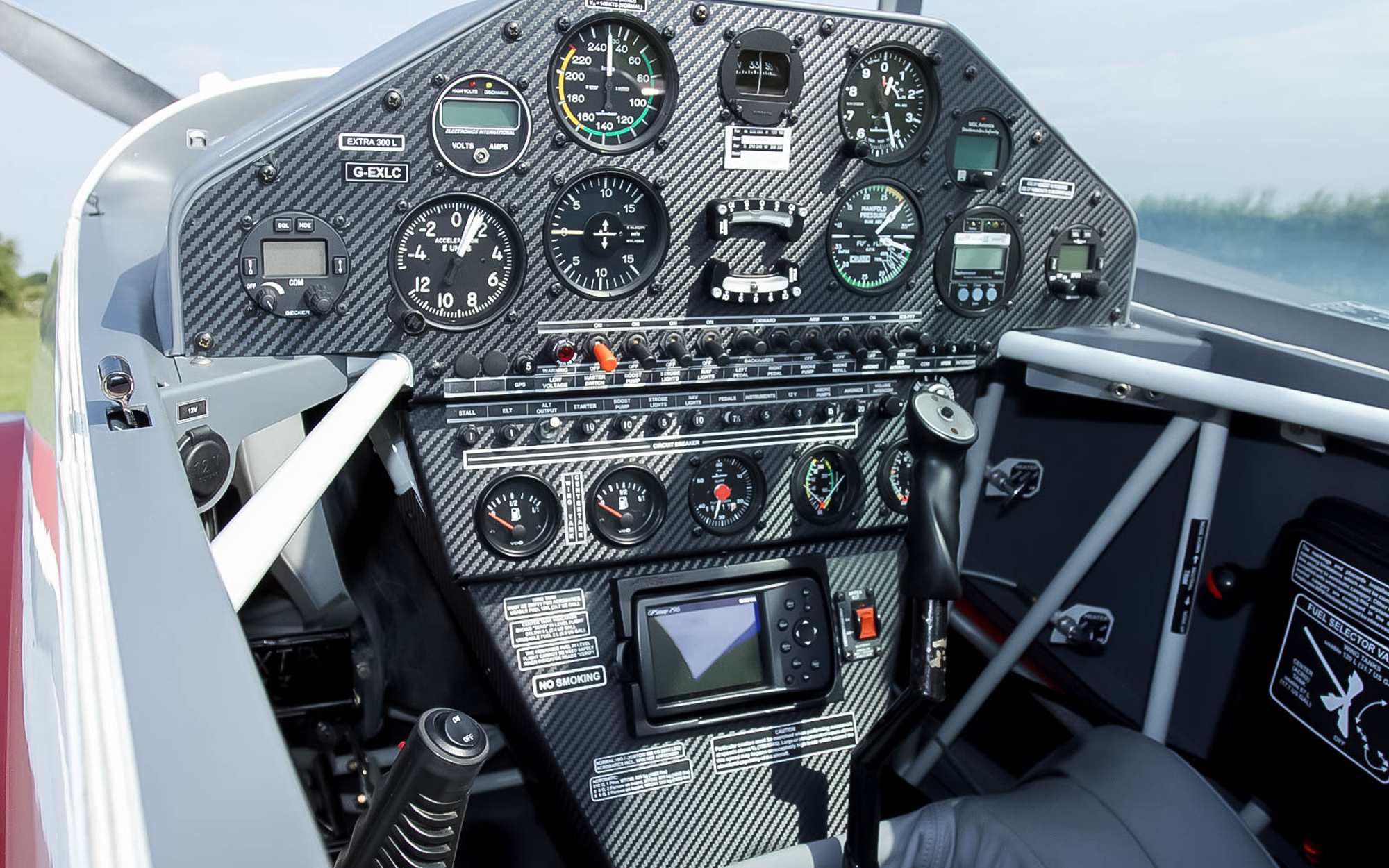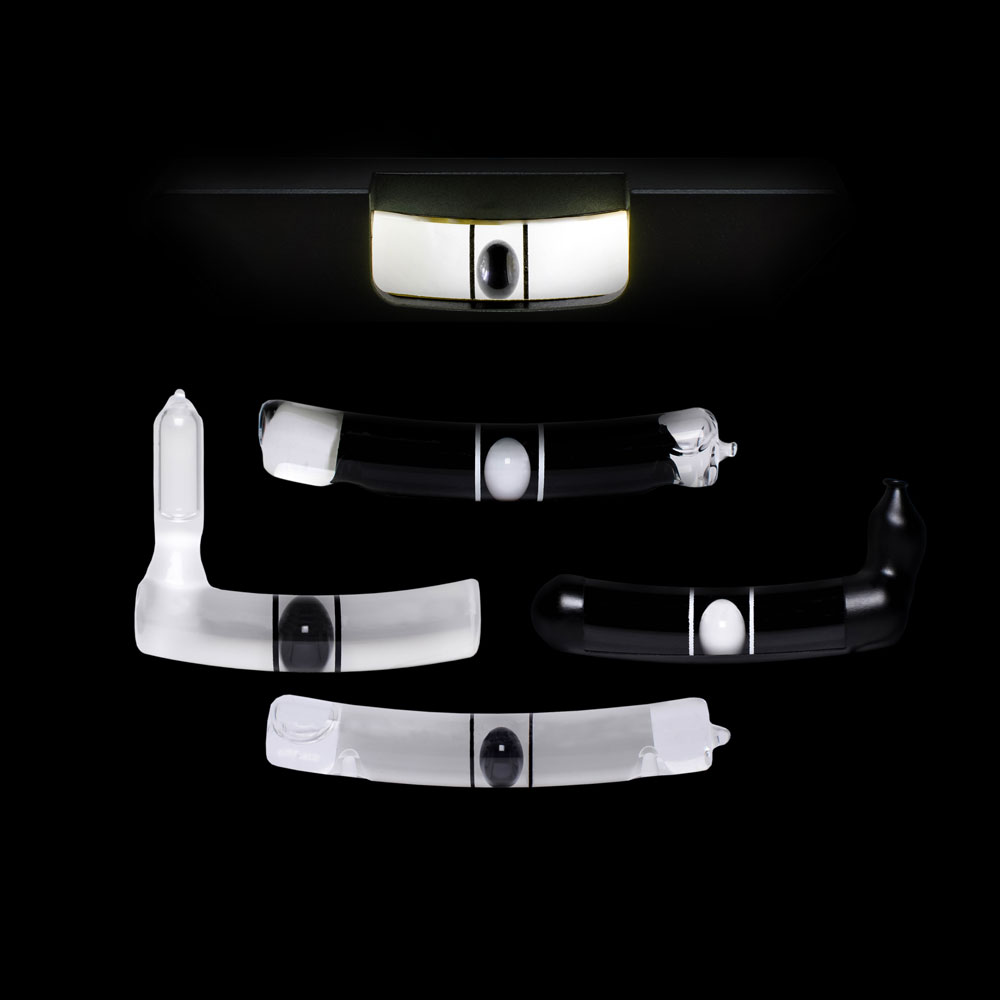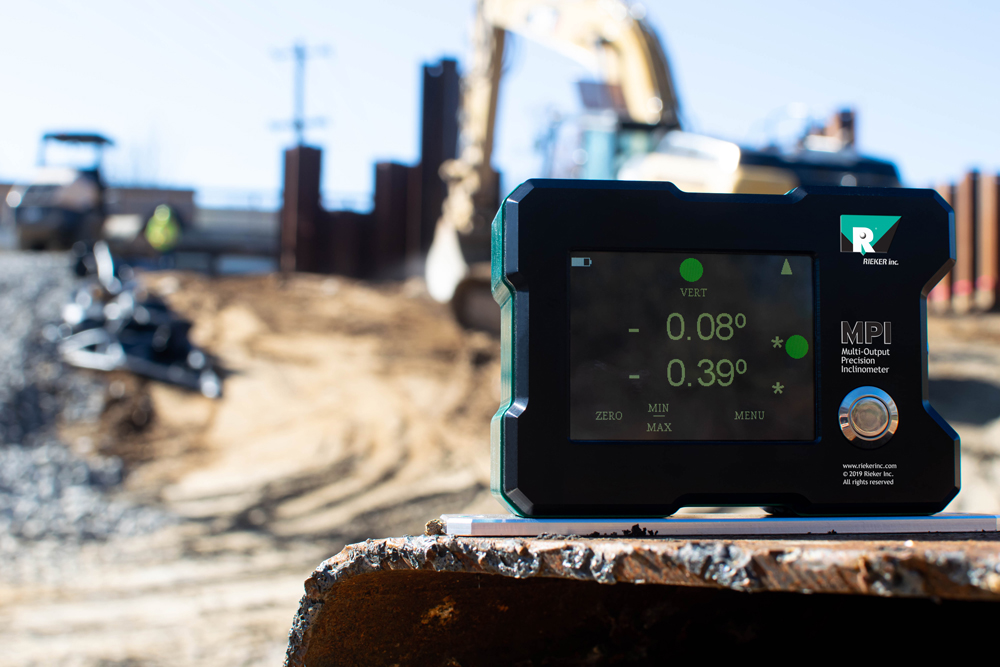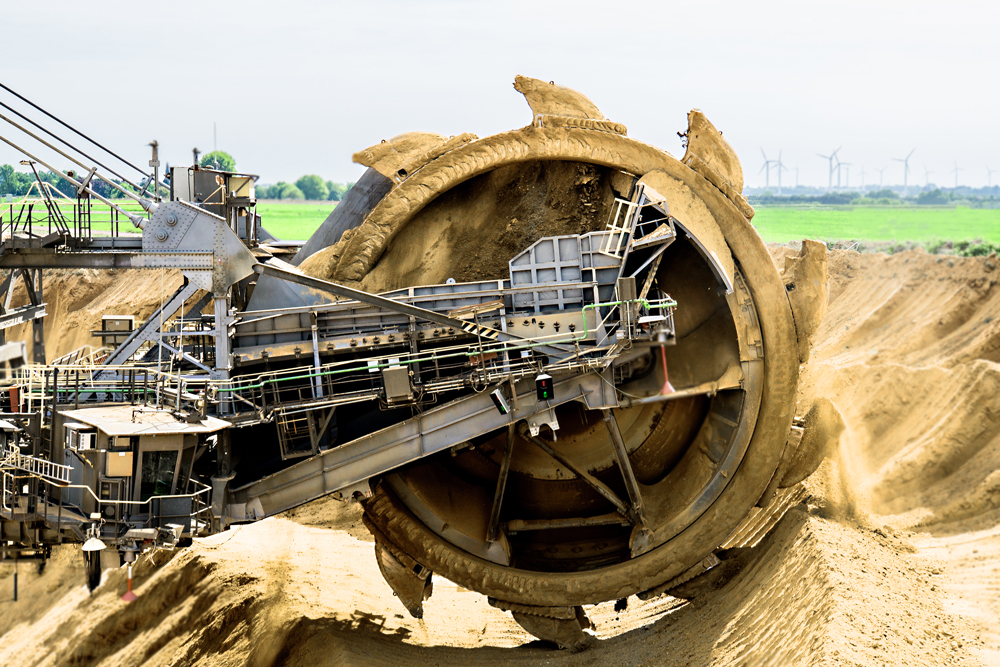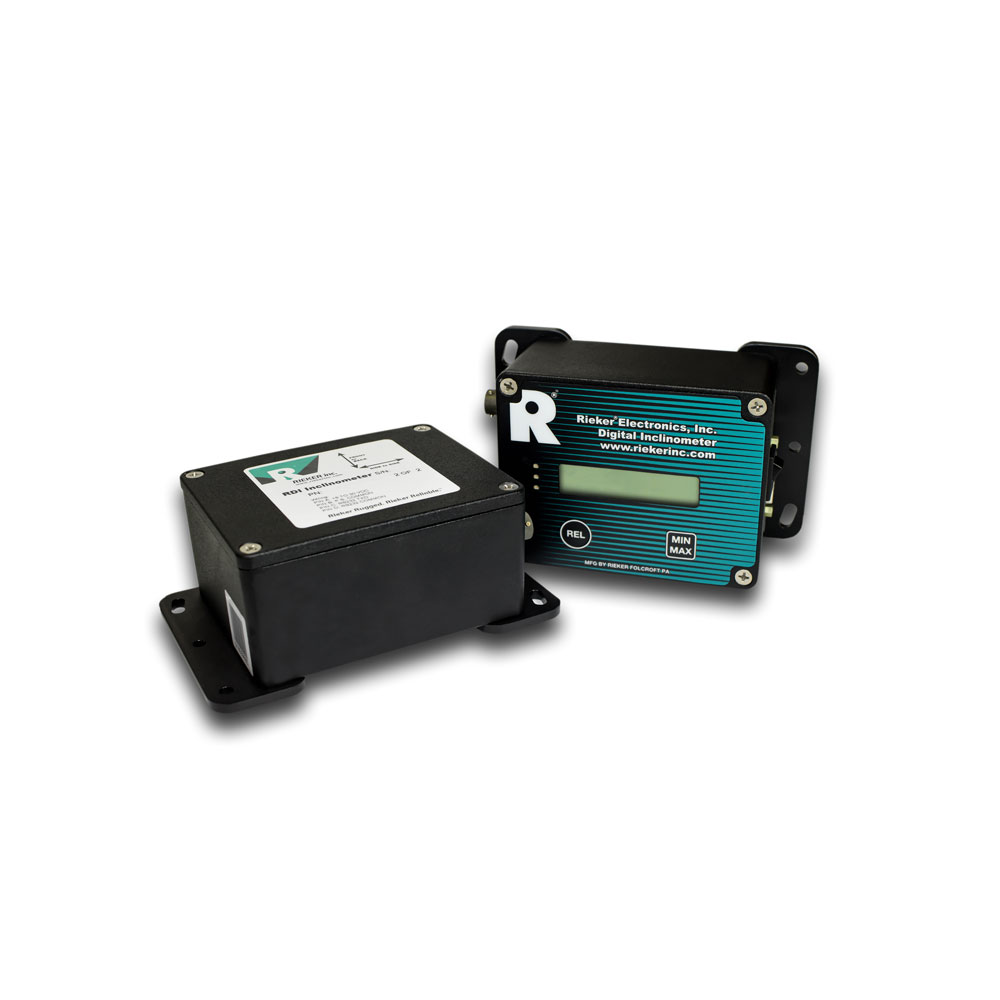What is an Inclinometer Tilt Sensor?
An inclinometer Tilt Sensor is an instrument for measuring the angles of slope and inclination of an object with respect to its gravity by creating an artificial horizon. It is also known as a tilt sensor, tilt indicator, slope meter, slope gauge, gradient meter, gradiometer, level gauge & level meter. As a distinguished inclinometer manufacturer, we have consistently prioritized safety in our products and continue to lead in innovation.
Rieker High Accuracy Inclinometers Application
Our high-accuracy inclinometer is commonly used in different industries like Aviation, civil engineering, Government, Marine, Military, platform leveling, boom angle indication, and slope angle measurement. The tilt angle range is the range of desired linear output measured in degrees. Important specifications to consider when searching for tilt sensors, clinometers, and inclinometers are the tilt angle range and number of axes.
mechanical inclinometers
Our mechanical high accuracy inclinometer sensor features glass or polycarbonate tube and ball construction, customizable fluids as well as green options, warning color zones, backlights, and more.
electronic inclinometers
With no moving parts and with reference to gravity, our electronic high accuracy inclinometers, accelerometers, digital clinometers, and tilt switches, provide accurate readings in even the most hazardous locations.
Why Professionals Trust Rieker High Accuracy Inclinometers
Choosing Rieker isn’t just a decision, it’s an investment in precision, reliability, and innovation. When you have a Rieker inclinometer in your hands, you are not simply carrying a tool, you are holding a piece of engineering perfection. Our high accuracy inclinometers are constructed to withstand the most extreme conditions, allowing you to rely on them even in the most difficult situations. Rain, shine, or rugged terrain – Rieker has you covered.



